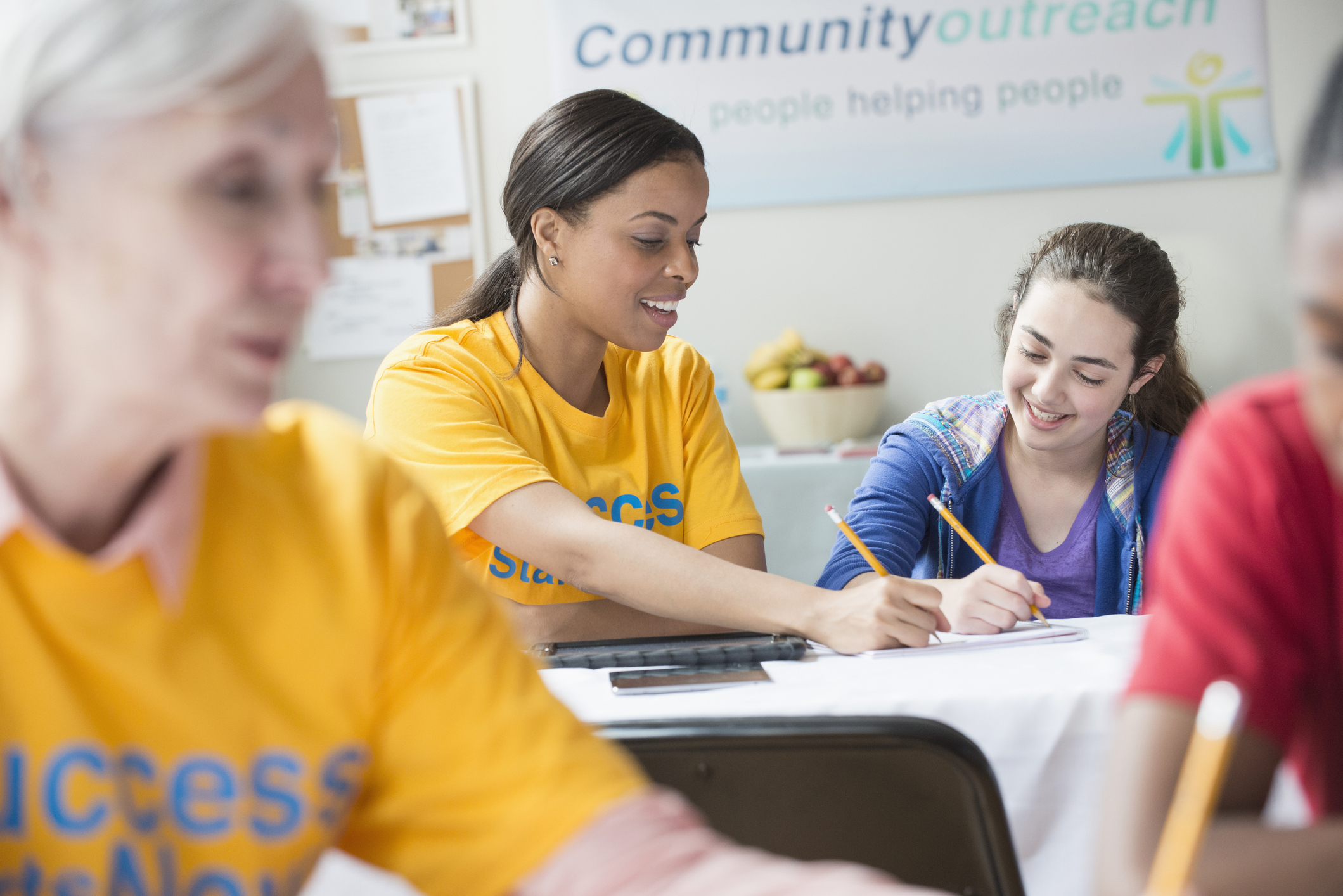COVID-19 has further illuminated that afterschool and summer learning programs not only provide enrichment but are also a lifeline for many youth and families. With nearly 54 million youth out of school due to school closures, expanded learning programs are rising to the moment to help students most in need. From the onset of the pandemic, programs in cities across the country tackled issues such as student re-engagement and reconnection, food access, workforce development, and youth mental health and wellness – all the while proving they are nimble, responsive, and have strong, trusting relationships with youth and families in their communities.
Unfortunately, in the absence of federal relief for cities, local spending cuts may significantly impact access to related essential community services such as parks and recreation and libraries, as well as non-profits.
While cities must now make tough budgetary decisions, local leaders must also weigh the worsening impacts of school closures. Sustaining and ensuring access to afterschool and summer learning programs can be critical for families.
With planning for these programs underway, a report from The Wallace Foundation, Getting Support for Summer Learning, offers insight to cities on how to support such programs:
- Measure and Communicate Impact
Municipal leaders can serve as champions by sharing examples of high-quality programming and their effectiveness. They can gain public support for increased investment in programs by sharing how youth providers have served on the frontlines to feed, teach, and provide care to youth during the pandemic.
Examples may include personal accounts from community members, data gathered from youth, parents, and program providers, as well as national data and information from The Wallace Foundation, Afterschool Alliance, and others. - Authorize a Central Body to Carry Out Programming Decisions
Creating a central body or working group to address afterschool and summer learning programs can help organize providers to better identify youth and families in need and coordinate services. In this effort, cities can leverage expanded learning programs as an efficient system of delivery to get information and resources to families most in need. Cities may also join the district and/or statewide efforts to broaden outreach, inform programming, and advocate for increased funding opportunities.
While cities must now make tough budgetary decisions, local leaders must also weigh the worsening impacts of school closures. Sustaining and ensuring access to afterschool and summer learning programs can be critical for families.
- Set Aside Dedicated Funds
While some cities may be able to leverage district, state, and federal funds, allocating specific municipal dollars to support these programs can support their scale and sustainability. Cities can also pass ballot initiatives to garner new tax dollars to support programs. Voters in Denver, Colo. are using marijuana sales tax to provide $1.5 million annually to expanded learning programs and to train program staff, while Seattle, San Francisco, Fort Worth, and many Florida cities have dedicated funding that supports afterschool programming. - Include Youth Voices in Planning
As the country continues to grapple with challenges posed by the pandemic, young people are demonstrating leadership in their communities by voicing how the socio-economic effects of this crisis have impacted them. City leaders can strengthen efforts to promote afterschool and summer learning programs and public awareness campaigns by including youth voices in solutions. - Cultivate Relationships with Various Stakeholders
Children, youth, and families need stronger and more relevant learning opportunities inside and outside of school. City leaders can serve as conveners, leveraging the knowledge and resources of all sectors to transform cities into Community Learning Hubs.
The COVID-19 pandemic has laid bare the social and economic consequences of inequitable access to education and opportunity and unfortunately, the impacts of this setback will be long-lasting. As communities move toward recovery, schools cannot support the increased needs of children, youth, and families alone – they need the support and leadership of municipal officials to leverage all community resources to ensure students thrive.
Learn More!
Register for Supporting Youth & Families in Crisis – Cities and Afterschool Programs Rising to the Moment, Tuesday, December 8, 2:00 pm – 3:30 pm.










